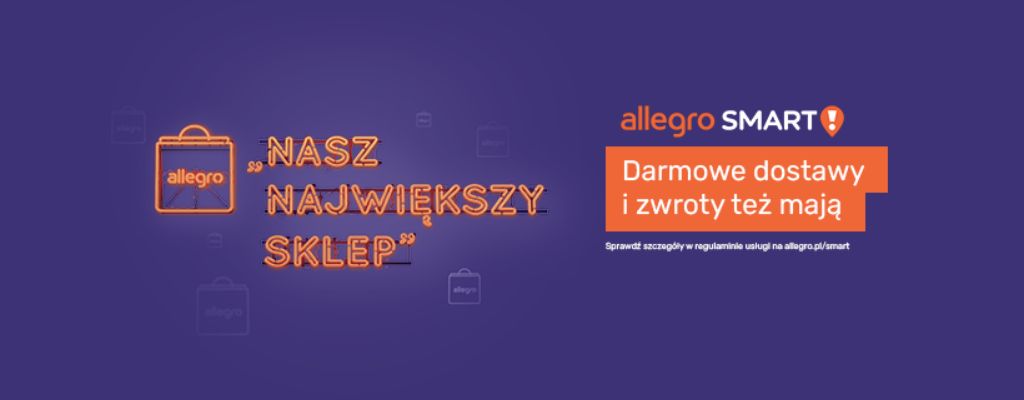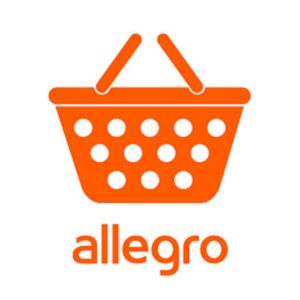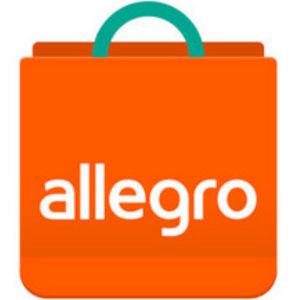Allegro is a name synonymous with online shopping in Poland. Established in 1999, it has grown to become one of the most prominent e-commerce platforms in the country, akin to eBay or Amazon in the West. This blog explores Allegro’s journey, its unique features, the diverse range of products it offers, its impact on the Polish economy, and its future prospects.
The Rise of Allegro
Allegro’s inception came at a time when the internet was still a nascent force in Poland. The founders recognized the potential of online marketplaces and created a platform that allowed users to buy and sell items with ease. Over the years, Allegro has evolved from a simple auction site to a comprehensive e-commerce hub. Its success can be attributed to its user-friendly interface, robust security measures, and a strong focus on customer satisfaction.
One of the key factors behind Allegro’s rise was its adaptability. As the internet landscape changed, Allegro embraced new technologies and trends. The introduction of mobile applications and advanced search algorithms significantly enhanced the user experience. Additionally, Allegro’s commitment to transparency and trust has built a loyal customer base over the years.
Unique Features of Allegro
What sets Allegro apart from other e-commerce platforms is its unique features tailored to the needs of Polish consumers. One such feature is the “Allegro Smart!” subscription service, which offers unlimited free shipping on eligible products. This has been a game-changer for frequent shoppers, providing significant savings on delivery costs.
Another noteworthy feature is the extensive buyer protection program. Allegro ensures that all transactions are secure, and if a customer encounters any issues, the platform provides comprehensive support to resolve disputes. This emphasis on safety and reliability has made Allegro a trusted name in Polish e-commerce.
Moreover, Allegro offers a variety of payment options, including traditional methods like bank transfers and credit cards, as well as modern solutions such as BLIK and PayU. This flexibility caters to a wide range of customer preferences, making shopping on Allegro convenient for everyone.
Diverse Range of Products
Allegro boasts an extensive catalog of products, ranging from electronics and fashion to home goods and collectibles. This diversity is one of the platform’s greatest strengths, as it caters to virtually every consumer need. Whether you’re looking for the latest smartphone, a rare vintage item, or everyday household products, Allegro has it all.
The platform’s robust search and filter options make it easy for users to find exactly what they need. Additionally, Allegro’s recommendation system suggests products based on user behavior and preferences, enhancing the shopping experience. The presence of both new and used items also adds to the variety, giving consumers more choices and price points to consider.
Impact on the Polish Economy
Allegro’s influence extends beyond just being a shopping platform; it has a significant impact on the Polish economy. By providing a marketplace for both individual sellers and businesses, Allegro has democratized commerce, allowing small and medium-sized enterprises (SMEs) to reach a broader audience. This has been particularly beneficial for local artisans and entrepreneurs who might not have the resources to establish a standalone online presence.
The platform has also created numerous job opportunities, both directly and indirectly. From tech professionals maintaining the website to logistics and delivery personnel, Allegro’s ecosystem supports a wide range of employment sectors. Furthermore, the company’s commitment to corporate social responsibility includes various initiatives aimed at supporting local communities and fostering economic growth.
Allegro in the Global Market
While Allegro remains primarily focused on the Polish market, it has also made strides in expanding its international reach. By collaborating with global sellers and incorporating international shipping options, Allegro is opening its doors to a wider audience. This expansion not only increases Allegro’s market share but also provides Polish consumers with access to a broader range of products from around the world.
Moreover, Allegro’s success story serves as an inspiration for other regional e-commerce platforms aiming to compete with global giants like Amazon and eBay. By focusing on localized services and understanding the unique needs of their consumer base, platforms like Allegro demonstrate that there is room for regional players in the global e-commerce arena.
Future Prospects
Looking ahead, Allegro’s future appears bright. The platform continues to innovate, introducing new features and services to enhance the customer experience. For instance, the integration of artificial intelligence (AI) and machine learning is expected to further improve search accuracy and personalized recommendations.
Additionally, Allegro’s commitment to sustainability is likely to play a crucial role in its future strategy. As consumers become increasingly conscious of environmental issues, Allegro’s efforts to promote eco-friendly products and practices will resonate well with its audience. Initiatives such as reducing packaging waste and supporting green logistics are steps in the right direction.
Furthermore, Allegro’s investment in technology and infrastructure will ensure that it remains competitive in the fast-evolving e-commerce landscape. By staying ahead of the curve and continuously adapting to market trends, Allegro is well-positioned to maintain its leadership in the Polish market and expand its footprint globally.
Conclusion
Allegro’s journey from a small auction site to a leading e-commerce platform is a testament to its resilience and adaptability. With its unique features, diverse product range, and significant economic impact, Allegro has become an integral part of Poland’s digital landscape. As it continues to innovate and expand, Allegro is poised to remain a dominant force in the world of e-commerce for years to come.


